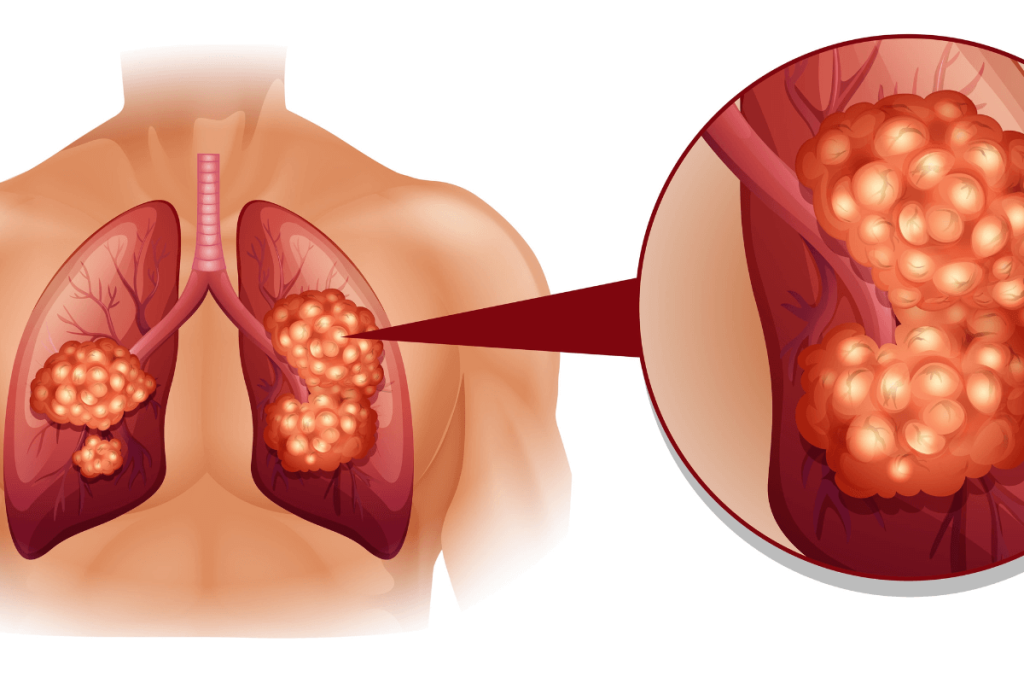
The U.S. Food and Drug Administration (FDA) has recently approved BRINSUPRI(TM) (brensocatib) 10 mg and 25 mg tablets, marking a significant advancement in respiratory medicine as the first-ever treatment option available for non-cystic fibrosis bronchiectasis (NCFB). The once-daily oral therapy is manufactured by Insmed Incorporated and approved to treat adults as well as children aged 12 years and older.
NCFB is a chronic, progressive lung disease that impacts about 500,000 U.S.-based individuals, and millions more across the globe are affected. The condition causes permanent dilatation of the airways, resulting in difficulty in the movement of mucous, frequent infection, and chronic inflammation. The presence of chronic cough, elevated production of sputum, shortness of breath, and fatigue are common symptoms. Frequent exacerbation further damages the lungs and reduce the quality of life.
According to Dr. Doreen Addrizzo-Harris, Director of the NYU Langone Health Bronchiectasis and NTM Program, the FDA approval represents a potential paradigm change in NFCB treatment. BRINSUPRI is the first therapy proven to inhibit neutrophilic inflammation, a crucial exacerbation trigger, and may become a new standard of care.
BRINSUPRI is a dipeptidyl peptidase 1 (DPP1) inhibitor model, designed to block the activity of neutrophil serine proteases, enzymes in NCFB that lead to systemic chronic airway inflammation. The drug will be available via a specialty pharmacy network and supported by the inLighten Patient Support Program, providing education and financial assistance.
This approval follows positive results from the Phase 3 ASPEN trial and Phase 2 WILLOW trial, both published in the New England Journal of Medicine. Both BRINSUPRI 10 mg and 25 mg at 0.25 mg/kg/day resulted in a reduction of annual exacerbation frequency of 21.1% and 19.4%, respectively, compared to placebo in ASPEN. The therapy also delayed the time to first flare, and a higher percentage of patients were maintained in a flare-free state during the treatment duration. Lung function also declined more slowly with the 25 mg dose, measured by post-branchodilator FEV1.
Common side effects included upper respiratory infections, headache, rash, dry skin, hyperkeratosis, and hypertension. Monitoring of dental health is encouraged because of potential gum and periodontal problems, and seek dermatology evaluation if skin changes occur.
Elisha Malanga, Executive Director of the Bronchiectasis and NTM Association, said, “Frequent flares significantly affect daily life and long-term health. BRINSUPRI provides a long-awaited breakthrough for patients to better manage their disease.”
The European Medicines Agency (EMA) and the UK Medicines and Healthcare products Regulatory Agency (MHRA) are reviewing regulatory applications, and a submission is planned in Japan in 2025. The introduction of commercial availability in these territories might take place in 2026, subject to approval.
Bronchiectasis may be cystic fibrosis-related, but most adult cases are acquired and non-cystic fibrosis-related. It has a high disease burden, affecting 600,000 individuals in key European countries, and 150,000 in Japan, with no other approved therapies outside the U.S. Insmed will host an investor conference call at 12:00 p.m. ET today to review the plans for approval and the commercial implications.
According to the Chief Medical Officer of Insmed, Dr. Martina Flammer, this will be a historical moment for the NCFB community. It highlights our dedication to providing patients with serious, underserved conditions with first-in-class therapies. BRINSUPRI is now available in the U.S. by prescription.
References: Insmed. FDA approves BRINSUPRI™ (brensocatib) as the first and only treatment for non-cystic fibrosis bronchiectasis, a serious, chronic lung disease. Published August 12, 2025. https://investor.insmed.com/2025-08-12-FDA-Approves-BRINSUPRI-TM-brensocatib-as-the-First-and-Only-Treatment-for-Non-Cystic-Fibrosis-Bronchiectasis,-a-Serious,-Chronic-Lung-Disease











